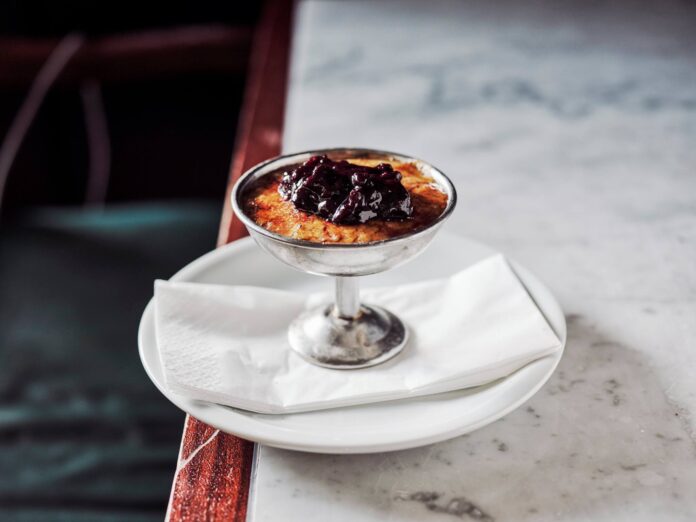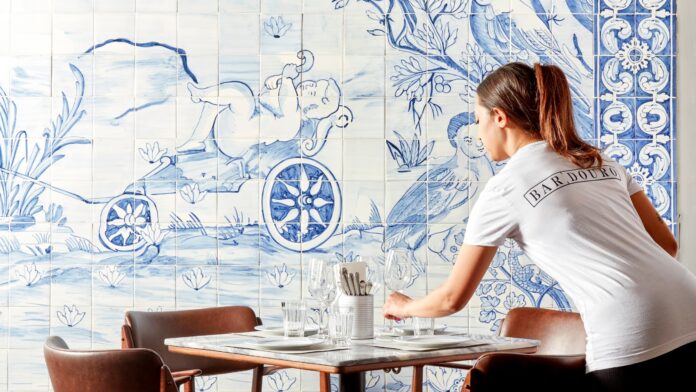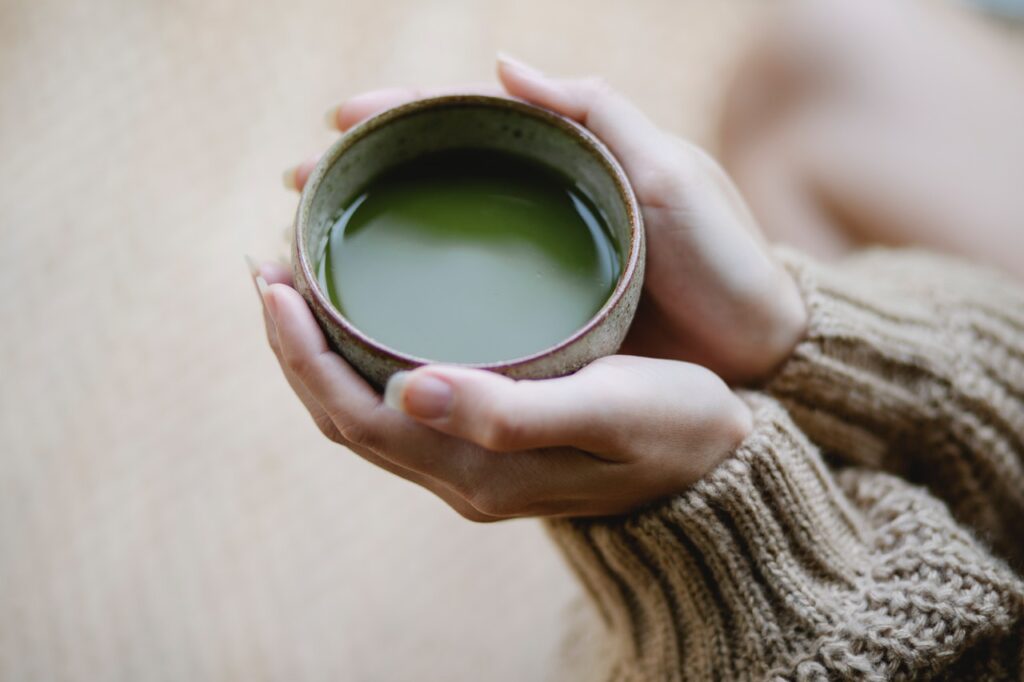
Ideal if you’re drinking way too much coffee while stuck at home.
Drinking more coffee during lockdown? You’re not alone. Last lockdown, sales of coffee machines increased by a whopping 412% and from a personal perspective, we’re typing this with fingers quivering from overindulging in the country’s favourite bean-based drink.
It’s not just coffee; sales of caffeinated drinks as a whole have soared, with an extra £24 million spent on tea and coffee in June 2020 alone. It’s no surprise; we’re all looking for something to get us through the day and beat feelings of lockdown fatigue. With the kettle and coffee pot so close to hand, it’s all too easy to rack up the cups when working from home.
How much coffee is too much, we hear you ask? Well, the good news is that a couple of cups of of the good stuff daily won’t do you any harm. However, the NHS warns that drinking more than 4 cups of coffee a day may increase your blood pressure. So, if you’re concerned that your coffee intake is a bit high currently, here’s 5 coffee alternatives for you to try during lockdown, IDEAL if you’re drinking way too much coffee while stuck at home.
GREEN TEA
We’re sure you’ve heard about how wonderful green tea is, for body and, in some cases, even mind. It’s well known as being a great antioxidant, sure, but some studies have even suggested that it may boost brain function, too. Pour us another!
Aside from those health benefits, green tea represents a great alternative to coffee because it’s made hot, contains caffeine and tastes terrific, too! If you want to take preventative measures to keep your heart healthy and blood sugar levels stable, then green tea is a great option to trade in for your coffee. To explore a little further and drink a little deeper, check out our article on 7 reasons to switch from coffee to tea today.
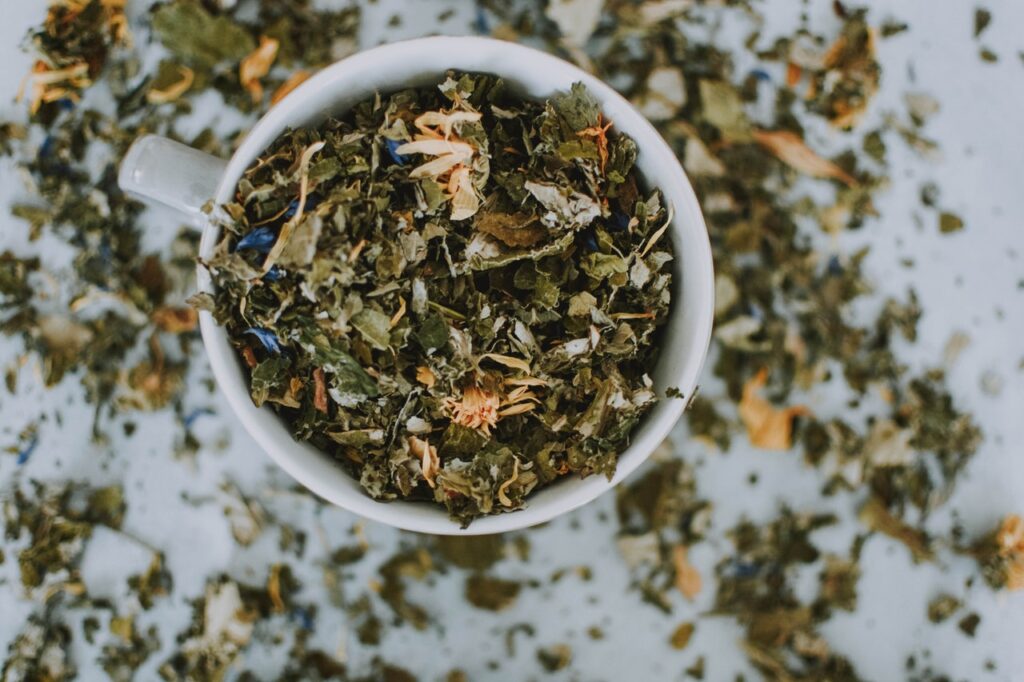
MATCHA
Matcha is made from a special type of powdered green tea, but is very much considered its own entity, and we’re treating it as such today.
Matcha tea has loads of health benefits: one cup of organic matcha tea has been reported to have 137 times the antioxidants of a standard green tea, and gram for gram, 100 times more than spinach.
We won’t stop there; it also has the same level of antioxidants as two cups of blueberries (and is a lot cheaper, as a bonus!). Moreover, L-Theanine, a hugely beneficial compound found in tea, is five times higher in matcha than it is in green tea alone. L-Theanine increases serotonin and dopamine – giving you the feel-good factor and bringing a much-needed clarity to your day.
When it comes to finding an alternative to cofee, it doesn’t really get better than matcha because it’s so versatile in its consumption; you can have it as a latte, a tea, or even as a smoothie.
Some cultures also use it as an ingredient in their cooking and you can find vibrantly coloured, delicious matcha desserts in many Chinese and Japanese bakeries. Just make sure you go for organic – if your matcha green tea isn’t organic, it is essentially cancelling out all of the good properties through contamination with pesticides and herbicides. And you don’t want that.
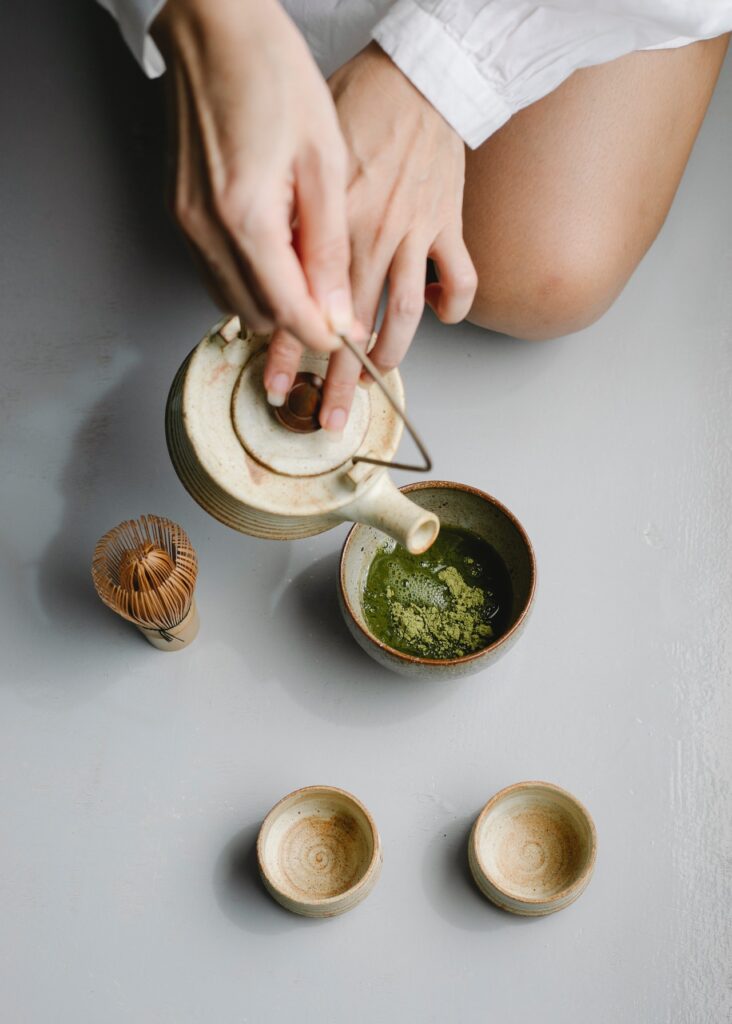
GOLDEN MILK
A traditional Indian drink, haldi doodh, or turmeric milk, has been gaining popularity in the UK in recent years. This turmeric latte, a Westernised variant on this traditional drink, was even touted as 2016’s drink of choice by many in the mainstream media.
According to BonAppetit, “Traditional haldi doodh is simple: half a cup or less of piping hot milk, with a tablespoon of ground turmeric dissolved into it until the entire mixture is a bright yellow. Milk is just the medium for the turmeric; blending it into hot tea, honey, or in a pinch, even hot water to dissolve the turmeric are all common variants.”
This bright yellow drink has been hailed for its health benefits, mainly in its supposed ability to improve immunity and its anti-inflammatory purposes. Whilst we’re still waiting for more decisive scientific conclusions on that one, there’s no denying that it tastes bloomin’ marvellous.
CHAI
Chai is similar in its benefits to golden milk, because you add dried spices such as cinnamon, cloves and cardamon, plus, there’s the added factor of caffeine thrown into the mix. Bliss!
In essence, tea actually has more caffeine than coffee does, but because coffee is that much more concentrated, ultimately, a cup of coffee will have more caffeine than a cup of tea. Switching to chai will lessen your caffeine consumption and change the flavour profile up a bit as well, whilst still giving you that pick-me-up you so crave during long, gruelling days working from home.
The BBC offer a simple Chai tea recipe full of the usual suspects (cracked cardamom pods, cinnamon stick, nutmeg and cloves) which can be made with almond or cow’s milk. However, if you’re feeling lazy, we love Drink Me Chai’s instant mixes which you can find at most supermarkets in the UK.
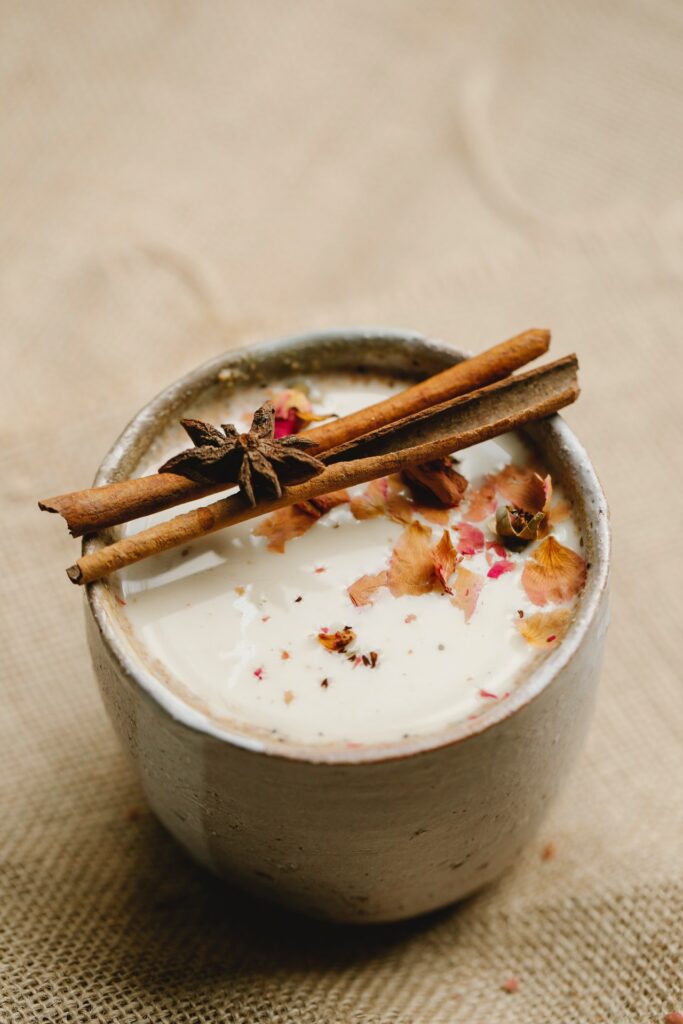
WHITE TEA
White tea doesn’t get as much attention as it should, but it is simply delicious. Nope, we’re not talking about a particularly milky cup of builder’s tea here, but rather a loose leaf offering made from the same plant as green and black tea, but extracted differently to give an entirely unique flavour.
It is the least processed form of the plant and as a result, it has the highest amount of antioxidants, so is clearly the winner in terms of the healthiest alternative to coffee. Considering its alluring taste and the effect it has on your health, it seems to be a no brainer as a coffee replacement. Or should that be big-brainer, considering its reputed effects?
THE BOTTOM LINE
Though the pleasure of a deep, dark, rich cup of coffee is hard to resist, we’re all guilty of overdoing it once in a while. If you’re finding yourself jittery and unfocused after too many espressos, or you sense a creeping overreliance on the pick-me-up qualities of a Cup of Joe, then why not mix things up every now and then? We hope you find a coffee alternative on our list to suit your tastes!
And if you still need convincing, here’s our guide to the IDEAL health and wellness benefits of tea, as well as suggestions of other tea varieties that you might want to try.



